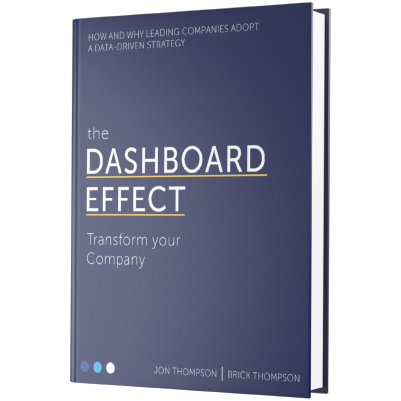Improving Outcomes, Employee Retention, Financial Stewardship, and Compliance
Guardian Healthcare is a fast-growth healthcare network operating skilled nursing facilities across 65 locations, with over 4,500 skilled nursing, personal care, and independent living units.
Rapid Growth Complicates Data Visibility and Efficiency
Guardian doubled in size over a short period due to acquisition and organic growth. Gaining a unified view across practices, departments, locations, and acquisitions required manual effort (and long weekends). According to Lee Jones, VP of Data Analytics, “The post-acute healthcare industry is always looking to improve the clinical outcomes of our patients. You need better insights that are patientimpacting to drive those outcomes, and we simply couldn’t scale under the sheer manual effort required. We needed data acquisition expertise that we didn’t have on staff at the time.”
- Guardian needed better visibility faster. “Correlating data from diverse platforms through Excel and v-lookups was simply not viable.”
- Guardian also needed a more efficient way to detect Covid risk in order to stay one step ahead.
- While their EMR offered some reporting on clinical outcomes, Guardian needed greater insight (e.g., referrals, admissions, discharges, payor types, outcomes by personnel, etc.).
Implementing Data Connectors and Warehouse for EMR Data
To find the right BI partner, Guardian initiated an RFI looking at 8 key factors: industry experience; team size; turnaround time; architecture standards; training and support; security; data modeling experience; and cost. Blue Margin Inc. was “by far the top candidate.”
Blue Margin (BMI) worked with the Guardian team to implement data connectors (ETL) and a data warehouse for all relevant EMR data. BMI also trained Guardian’s resources on data connections and modeling in Azure.
“Blue Margin’s training & support went above and beyond. The results have been phenomenal. We can’t express what a relief it is to work with a team like Blue Margin that is focused on making us successful.”
Achieving an Organization-Wide 9/10 Data-Driven Rating
Guardian rates itself a 9/10 at being data driven across operations, finances, and outcomes. “Our data gives us insights competitors don’t have, such as dash-boards that alert the team hourly on vitals that trigger a Covid test, a report that previously took us 30 hours to generate” reports Richard Howard, Sr. BI Analyst.
The impact of data intelligence has been farreaching. According to Lee Jones, “We’re able to remain above national benchmarks thanks to our data. We can analyze complex insurance issues and manage patients and payors more efficiently. Most importantly, our data allows our people to work at the top of their skillsets, rather than focusing on the wrong priorities or manually creating reports, increasing productivity and employee satisfaction.”
